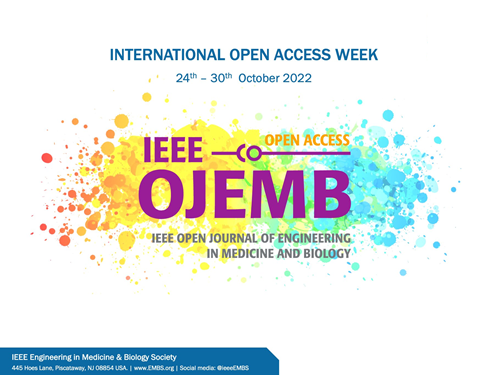基于深度学习的血糖预测模型:改善糖尿病管理的从业人员指南和数据集策划
IF 2.7
Q3 ENGINEERING, BIOMEDICAL
IEEE Open Journal of Engineering in Medicine and Biology
Pub Date : 2024-02-13
DOI:10.1109/OJEMB.2024.3365290
引用次数: 0
摘要
准确的短期和中期血糖预测对于努力维持健康血糖水平的糖尿病患者以及有患病风险的人来说至关重要。因此,科学界在开发血糖水平预测模型方面做出了大量努力。本研究利用从可穿戴传感器收集到的生理数据,构建了一系列基于深度学习方法的数据驱动模型。我们对这些模型进行了系统比较,以便为使用深度学习技术进行葡萄糖预测的从业人员和研究人员提供见解。这项工作涉及的关键问题包括:比较用于这项任务的各种深度学习架构,确定准确预测葡萄糖的最佳输入变量集,比较全人群模型、微调模型和个性化模型,以及评估个人数据量对模型性能的影响。此外,作为成果的一部分,我们还引入了一个精心策划的数据集,其中包括健康人和糖尿病患者在自由生活条件下记录的数据。该数据集旨在促进该领域的研究,方便研究人员之间进行公平比较。本文章由计算机程序翻译,如有差异,请以英文原文为准。
Deep Learning-Based Glucose Prediction Models: A Guide for Practitioners and a Curated Dataset for Improved Diabetes Management
Accurate short- and mid-term blood glucose predictions are crucial for patients with diabetes struggling to maintain healthy glucose levels, as well as for individuals at risk of developing the disease. Consequently, numerous efforts from the scientific community have focused on developing predictive models for glucose levels. This study harnesses physiological data collected from wearable sensors to construct a series of data-driven models based on deep learning approaches. We systematically compare these models to offer insights for practitioners and researchers venturing into glucose prediction using deep learning techniques. Key questions addressed in this work encompass the comparison of various deep learning architectures for this task, determining the optimal set of input variables for accurate glucose prediction, comparing population-wide, fine-tuned, and personalized models, and assessing the impact of an individual's data volume on model performance. Additionally, as part of our outcomes, we introduce a meticulously curated dataset inclusive of data from both healthy individuals and those with diabetes, recorded in free-living conditions. This dataset aims to foster research in this domain and facilitate equitable comparisons among researchers.
求助全文
通过发布文献求助,成功后即可免费获取论文全文。
去求助
来源期刊

IEEE Open Journal of Engineering in Medicine and Biology
ENGINEERING, BIOMEDICAL-
CiteScore
9.50
自引率
3.40%
发文量
20
审稿时长
10 weeks
期刊介绍:
The IEEE Open Journal of Engineering in Medicine and Biology (IEEE OJEMB) is dedicated to serving the community of innovators in medicine, technology, and the sciences, with the core goal of advancing the highest-quality interdisciplinary research between these disciplines. The journal firmly believes that the future of medicine depends on close collaboration between biology and technology, and that fostering interaction between these fields is an important way to advance key discoveries that can improve clinical care.IEEE OJEMB is a gold open access journal in which the authors retain the copyright to their papers and readers have free access to the full text and PDFs on the IEEE Xplore® Digital Library. However, authors are required to pay an article processing fee at the time their paper is accepted for publication, using to cover the cost of publication.
 求助内容:
求助内容: 应助结果提醒方式:
应助结果提醒方式:


